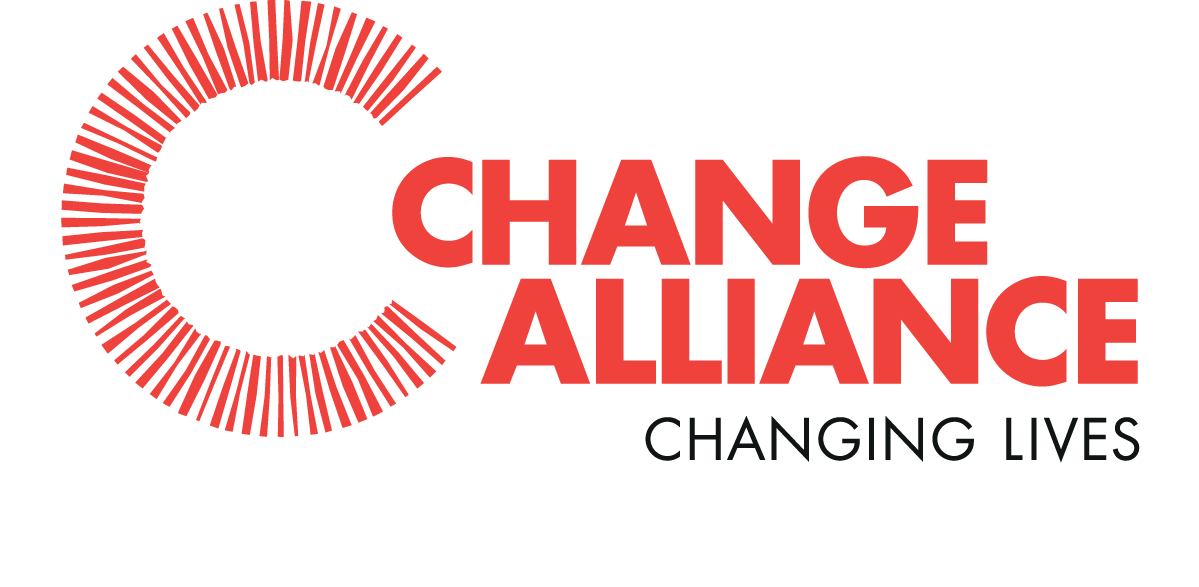Background
Change Alliance received Sandvik India Gender Award in July 2019, and as a result Sandvik partnered with Change Alliance and PHIA Foundation to work on Gender Equality Programme in 4 factories in Delhi/NCR focusing on gender sensitisation and training of factory level workers to facilitate safer workplace for women. Sandvik has supported the project towards women empowerment at workplace. The project leverages the tried and tested design of Gender Equality Programme (GEP), implemented by Phia Foundation and Change Alliance at over 25 garment factories across Delhi-NCR and Karnataka. GEP has been supported by leading international brands such as Marks and Spencer, Levi Strauss and Co, Superdry, Mothercare etc.
The primary focus of the project is to increase understanding at the factory level about gender equality, safe and gender sensitive workplace and legal mechanism to address issues related to sexual harassment. Considering the effect of COVID-19 on garment factories Sandvik agreed to revise the beneficiary target in September 2020 through an addendum in January 2021 revising the target of workers to be trained and also extended the duration of the project. During the COVID 19, Ready-made Garment (RMG) buyers and suppliers struggled to mitigate the economic repercussions of the coronavirus, and orders worth billions of dollars were cancelled. Millions of workers were retrenched, some without payment of wages for already completed work or severance pay.
